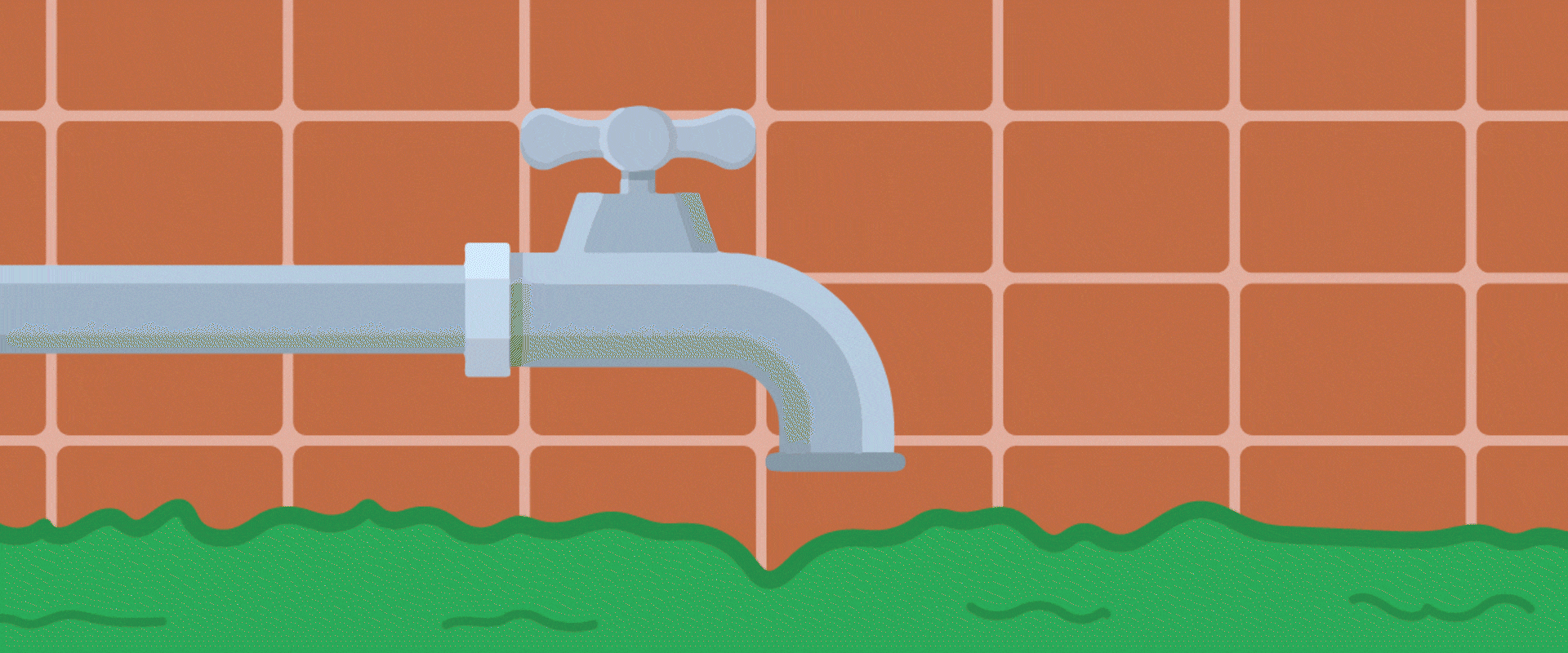
Saving water is an energy-efficient measure
Water and energy, two critical interconnected resources that must not be wasted to reduce consumption, save resources, and fight the impact of climate change and the risk of drought
As I argued earlier in the article “Saving water is also saving energy“, I believe that a holistic approach to the management of these two critical resources, water and energy, is necessary. More recently, I elaborated on this topic at the ISEL International Conference on Energy Saving with the scientific paper “Energy losses in water systems“, in which I propose a new methodology to calculate the energy waste resulting from water leakage.
Analysis of the energy balance of public water supply system confirms that water leakage represents an energy loss. Although methods already exist to accurately estimate energy losses, they are complex and require a thorough base knowledge of the infrastructure. In the paper I propose a simple method to evaluate the “economic potential of energy efficiency investments in public water supply systems”.
Water and energy: an intimate bond
Water is needed to produce energy, but the water supply system is also a process that consumes up to 4% of the world’s energy. In other words, collecting, treating, and distributing water is an energy-intensive process.
In Portugal, the water sector consumes about 6% of domestic electricity. Due to the increasing scarcity of water, it is necessary to capture it at greater depths and transport it over longer distances, even using tanker trucks to supply the population in situations of extreme drought, such as the one we have experienced last summer in some regions of the country.
This means that we need more energy to have clean water in our homes and makes it clear that inefficient use of energy and water feedback in a negative way: fossil energy accelerates climate change, makes water scarcer, and more energy is necessary to collect it.
If nothing is done, it will become increasingly difficult to stop this spiral and avoid its undesirable effects.
Two sides of the same problem, but how to solve it?
What should we do? On the one hand, we should encourage organizations in the sector to produce their own clean energy and implement energy efficiency measures. This will reduce their energy dependence and carbon footprint.
On the other hand, we must be fully aware that in Portugal water supply networks lose an average of 21%[1] of their water. And take measures to drastically reduce this figure. This loss of water translates into a loss of energy. Energy has had to be injected into the system to transport the lost water, but also to overcome friction in the pipes.
Perhaps it has more impact when put this way: the volume of water loss in Portugal is equivalent to 252 Olympic-size swimming pools per day!
Our research has shown that a 21% water wastage translates into an energy loss of between 21% and 50% of the energy injected into the system. In other words, more than 21% of the energy injected into the system is lost because of water losses. The relationship between these two variables is thus demonstrated, making it clear that reducing water losses is also a measure of energy efficiency.
In this context, I believe it is essential to digitize the water supply networks to reduce water (and energy!) wastage in the public supply system. In this regard, ARQUILED and Stattus4 have presented an artificial intelligence system for monitoring water losses that allows to operationalize efficiency projects in the water distribution system, thus promoting the sustainability of water resources and reducing commercial losses.
The Portuguese case
According to ERSAR, 232 water distributors were operating in 2021. Most of them are municipalities or municipal aggregations that buy water from the ten existing wholesale distributors.
On average, each operator loses about 21% of its water and consumes about 6 GWh of energy per year. The energy lost is enough to supply more than 300 homes, and in extreme cases it can reach 700 homes. Extrapolating to the whole country, that’s more than 80,000 homes!
Considering the cost of purchasing water and the cost of energy, each distributor loses on average about 2.6 million euros per year. More than 650 million euros nationwide.
This is a unique opportunity to revolutionize this sector and thus make a double contribution to the sustainability of the planet. Saving water also means saving energy, and there is a lot of waste.
Miguel Allen Lima
ARQUILED CEO
[1] Data from ERSAR’s 2021 report – The Portuguese water and waste services regulatory authority.





